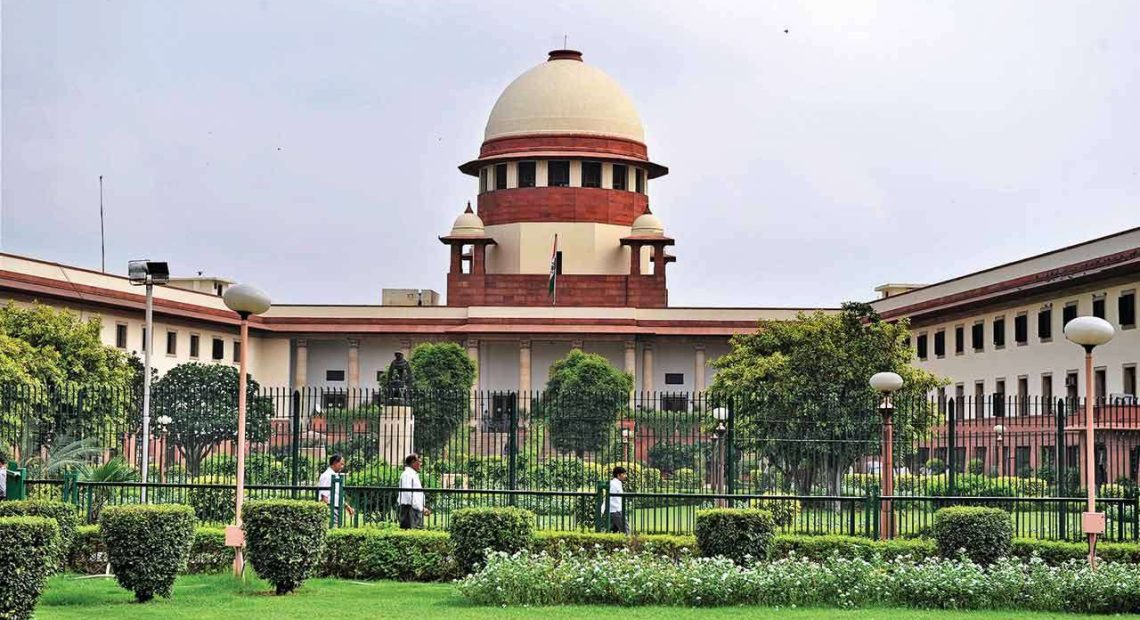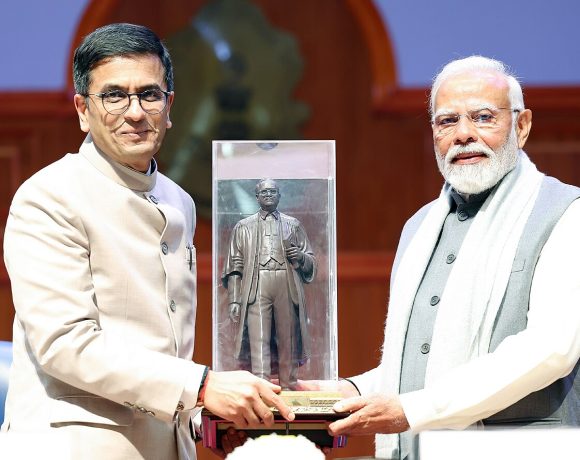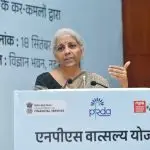
Supreme Court Upholds Free Market in Internet Pricing
The Supreme Court has dismissed a petition seeking regulation of internet service prices in India. The bench, led by Chief Justice Sanjiv Khanna and Justice Sanjay Kumar, emphasized the importance of market dynamics in determining service costs.
Petitioner’s Argument for Price Regulation
The petitioner, Rajat, argued that the absence of price regulation allows service providers to set exorbitant rates, adversely affecting consumers. He contended that government intervention is necessary to ensure fair and affordable access to the internet for all citizens.
Court’s Emphasis on Market Dynamics
In response, the court highlighted the competitive nature of the telecommunications industry, noting that consumers have multiple service providers to choose from. The bench stated that market forces naturally regulate prices, and judicial interference in pricing decisions is unwarranted.
Implications for the Telecommunications Sector
This ruling reinforces the principle that pricing in the telecommunications sector should be governed by free market competition rather than regulatory mandates. It suggests that service providers will continue to set prices based on market demand, quality of service, and competitive strategies.
Consumer Choice and Market Competition
The court’s decision underscores the role of consumer choice in a free market economy. With various internet service providers operating in the country, consumers can select services that best meet their needs and budgets, thereby influencing market prices through demand.
Conclusion
The Supreme Court’s dismissal of the plea to regulate internet prices affirms the reliance on market competition to determine fair pricing. This approach aligns with the broader economic policy of minimal intervention, allowing supply and demand to shape the telecommunications landscape.


















